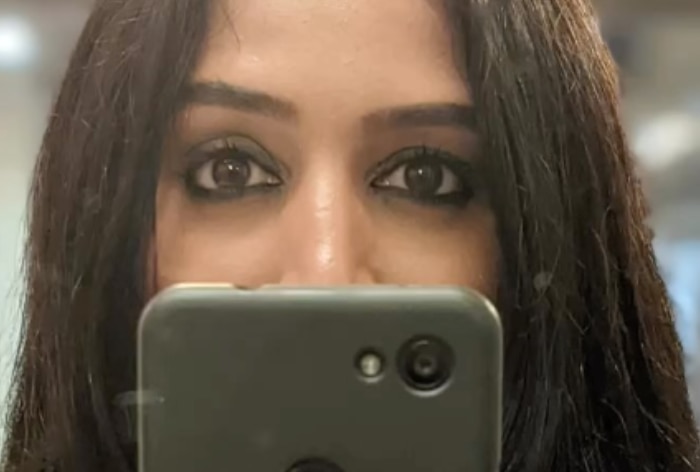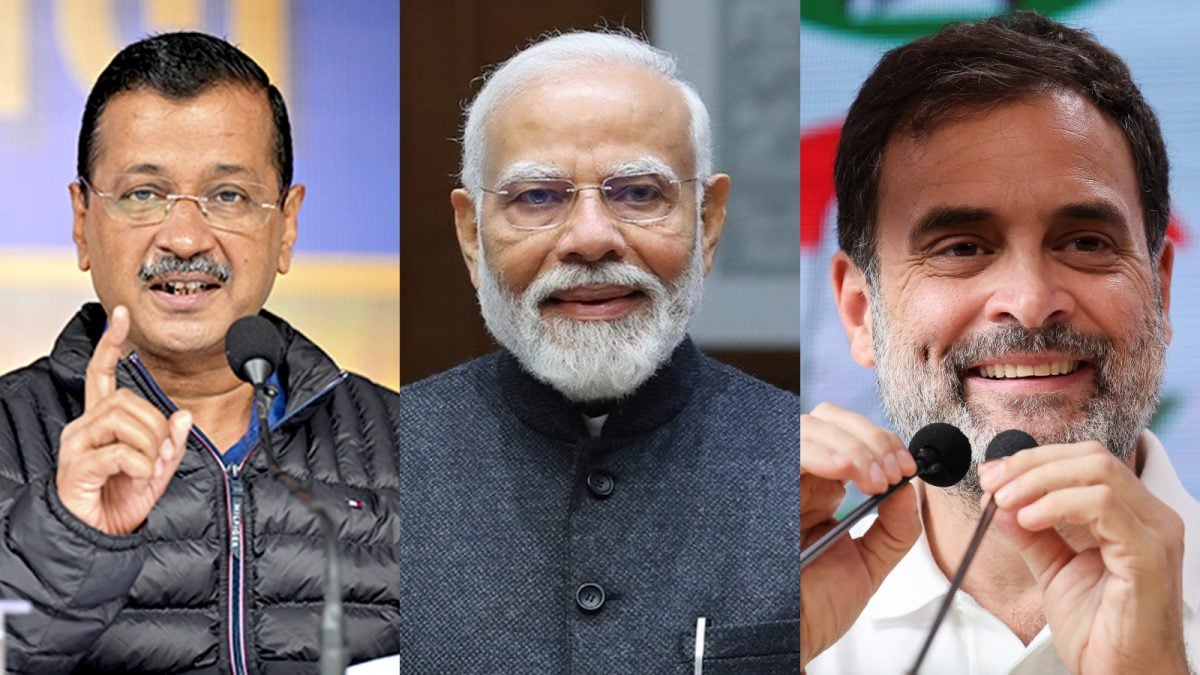This heroine debuted with a popular superstar. However, she was dropped from many films. Can you guess the diva’s name?
This Award-winning actress highlights that deeply rooted gender biases rather than market value are the primary reasons for the under-representation of women in cinema—both in the narratives created and in production roles.
In an industry where 90% of films flop at the box office, she questions the notion that male actors are inherently more bankable than their female counterparts. “What then prevents you from telling stories centered around women and transgender individuals?” she emphasizes, shining a light on the gender disparities in filmmaking.
Padmapriya, who has made her mark in films across seven languages, began her journey in the Malayalam industry with Kaazhcha (2004) alongside the legendary Mammootty. On Tuesday, she delivered the third MR Narayana Kurup Memorial Lecture at Government College, Madappally, near Vadakara.
Reflecting on her own experiences, Padmapriya remarked that when a woman addresses issues, she often becomes the focal point of controversy. She recounted an incident during the filming of the Tamil movie Mirugam (2007), where director Samy slapped her on the last day of production, claiming she “did not emote” adequately. After bringing the matter to the attention of industry organizations, she faced a backlash that cost her several promised roles. “For a long time, I believed I was the problem,” she admitted. However, her outstanding performance in Mirugam, where she portrayed a tomboy who changes her violent husband, ultimately earned her the Tamil Nadu State Film Special Award for Best Actress.
Drawing from academic research, she highlighted a significant disparity in how male and female characters are represented in films. “Characters with agency—like executives, military officers, lawyers, and gangsters—are predominantly male, while women are often depicted as beautiful young girls, heartbroken individuals, or dancers,” she explained.
She emphasized that the subjugation of women extends beyond cinema; it permeates all aspects of society and must be challenged on every front. “We must consistently address gender bias and strive for greater representation of women,” she urged the audience. “If we ignore micro-aggressions, they will inevitably resurface and cause greater harm.”







